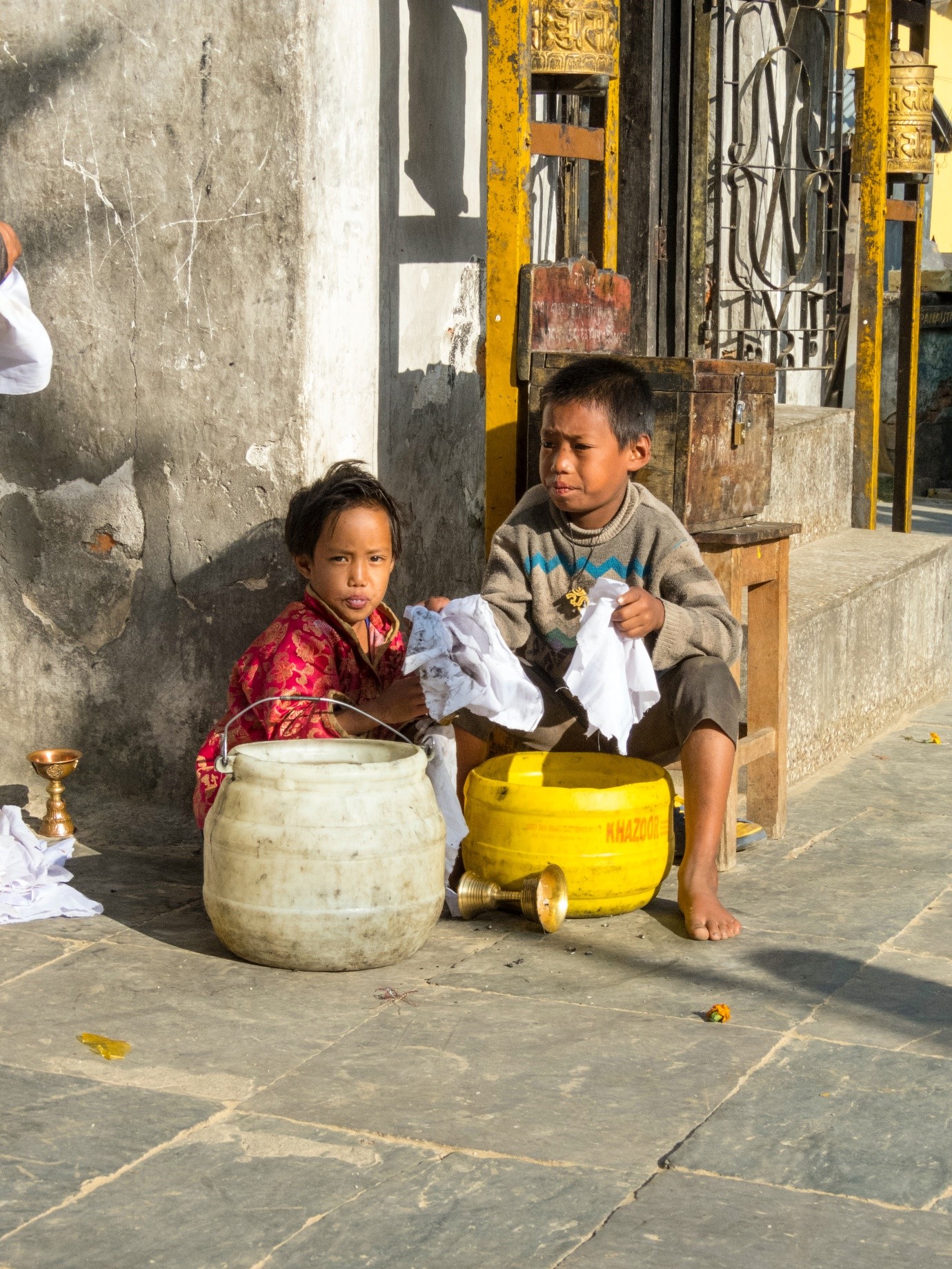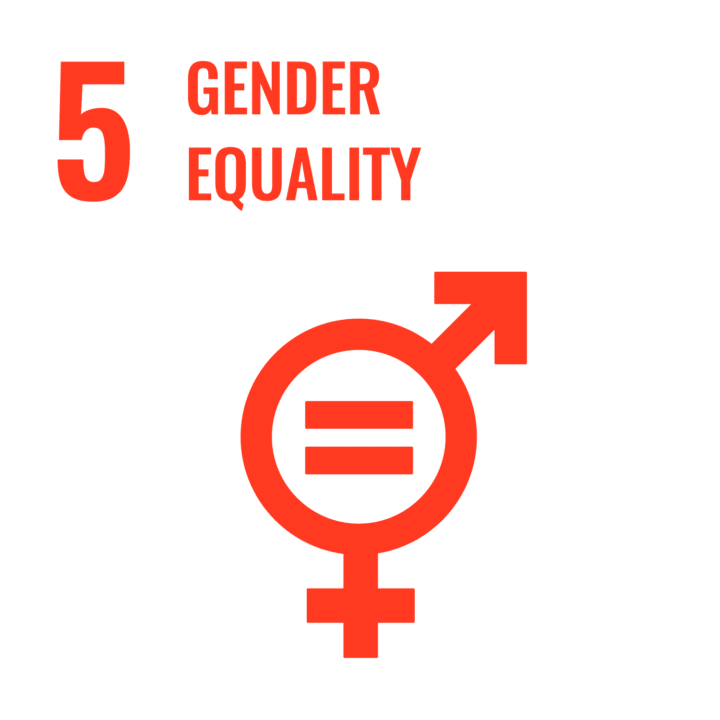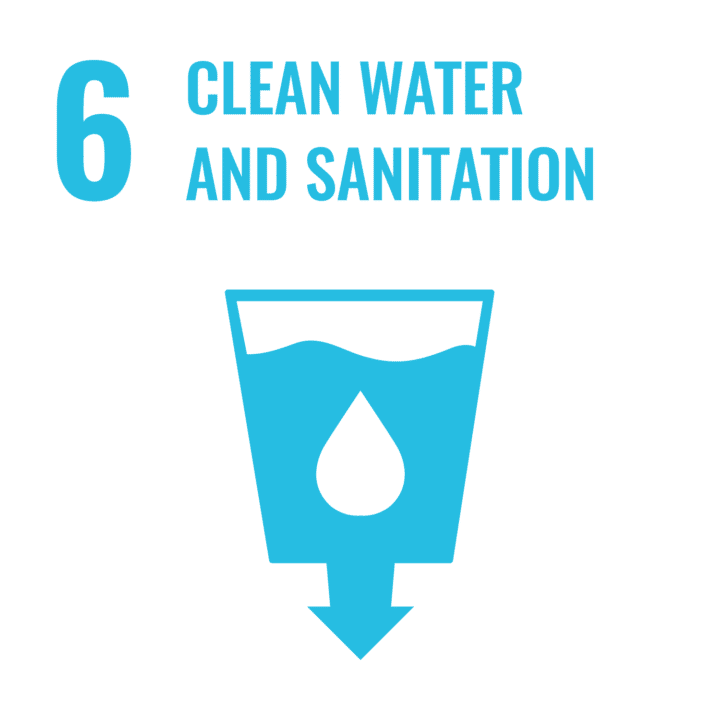According to the World Economic Forum, the 2018 Global Gender Index revealed that Nepal ranks 105th out of 144 countries on gender parity. The index measures reproductive health, empowerment, and economic status. The relatively low ranking testifies to UNESCO’s assessment that some of the key reasons adolescent girls and young women are restricted from accessing education are child marriage and early pregnancy, gender-based violence, lack of knowledge or access to proper hygiene facilities such as water, sanitation, and hygiene.
As with many poor countries the countryside is home to the biggest challenges. “In Nepal’s rural communities, parents often choose marriage for girls because, once married, daughters customarily leave their homes to enter into their husbands’ household and cannot financially support their parents like their sons. It leads families to prioritize education and even basic survival needs, such as food, for boys over girls, which is one of the reasons why child brides and their children are more likely to be malnourished”[1].
New data suggest Covid has made the situation even worse for Nepalese women[2]. Women and girls in particular face a greater risk from this pandemic, as they are systematically disadvantaged and often suppressed by poverty, violence, inequality, and marginalization.
Hence it goes without saying that organisations like Street Children in Nepal are needed to help change things around. In the least year, Data Respons has supported Street Children in Nepal in their endeavour to widen their operation from running orphanages to focus to educating girls and make villages self-supported. By educating young Nepalese girls they are enabled to play a role in changing the Nepalese society themselves.
There is still a long way to go in order to make changes that will have a lasting impact, but Street Children in Nepal, and Data Respons believe that a more promising future starts by enabling the young.


